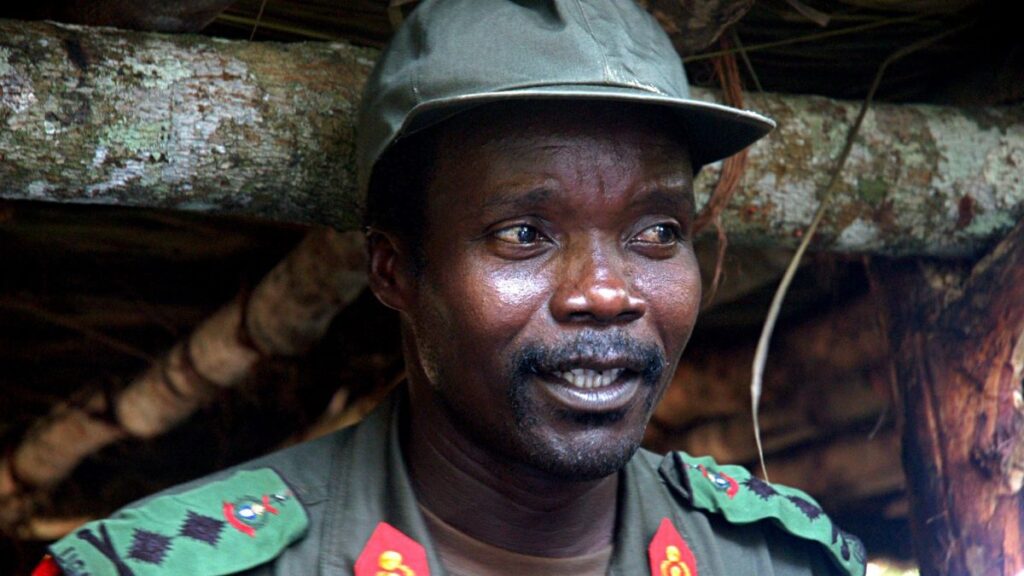The International Criminal Court (ICC) has begun an unprecedented in absentia hearing against Ugandan rebel leader Joseph Kony, the fugitive commander of the Lord’s Resistance Army (LRA). The case marks the first time the ICC has moved forward with proceedings without the physical presence of the accused, two decades after issuing an arrest warrant for Kony.
Prosecutors outlined 39 counts of war crimes and crimes against humanity, alleging that Kony’s militia inflicted horrors on northern Uganda and neighboring countries that still haunt survivors. The LRA, founded in the 1980s, sought to overthrow the Ugandan government but became infamous for atrocities including the use of child soldiers, abduction, mutilations, massacres, and the enslavement of women.
The opening statements described how communities in northern Uganda were torn apart, leaving a legacy of trauma that remains visible today. Graphic videos presented in court depicted the destruction attributed to the LRA, underscoring the scale of human suffering.
Kony, whose exact whereabouts remain unknown, is being represented by a court-appointed defense lawyer. Counsel for the absent rebel leader argued that proceeding without him undermines fair trial standards, calling the hearing flawed and symbolic rather than substantive. The judges must now decide whether to confirm the charges, but a full trial cannot begin unless Kony is captured and transferred into ICC custody.
The hearing is seen as a test case for the ICC’s ability to pursue justice when suspects evade arrest. Legal observers note that it could influence how the court handles other high-profile figures facing arrest warrants but unlikely to be surrendered, such as heads of state accused of international crimes.
For many survivors in Uganda, the proceedings are a double-edged sword. Some welcome the international spotlight and the recognition of their suffering, while others view the process as hollow without Kony himself facing justice. A number of victims described the enduring scars of abduction and violence, recalling how children were forced into servitude or combat under threat of death.
The LRA’s reign of terror has already seen accountability at the ICC. In 2020, Dominic Ongwen, a former child abductee turned commander, was convicted of 61 offenses and sentenced to 25 years in prison. His case highlighted the tragic cycle of victim-turned-perpetrator that defined the group’s brutal legacy.
Despite global campaigns and a $5 million bounty for his capture, Joseph Kony remains at large, making the ICC proceedings both historic and deeply symbolic.

